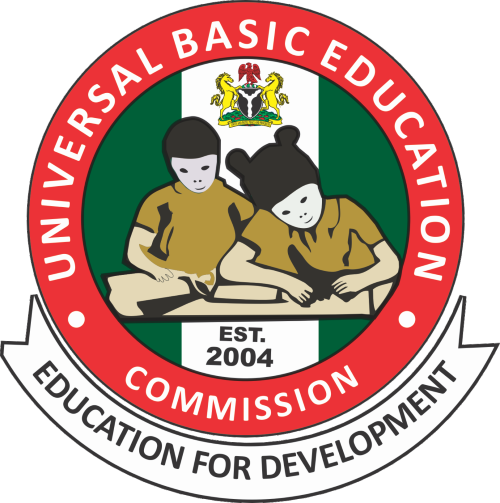In today’s rapidly evolving world, education is the bedrock of national development and economic growth. Yet, in Nigeria, the basic education curriculum, a crucial component of our educational system, has remained unchanged since 2014. This means that our current curriculum is outdated and no longer aligns with international best practices or the demands of the 21st century.
A decade ago, the world was different, Artificial Intelligence (AI) and Machine Learning (ML) were nascent fields, and the concept of 21st-century learning, which emphasises entrepreneurship and soft skills, was just gaining traction. Fast forward to 2024, and these innovations are now at the forefront of global education systems, preparing students for a future where creativity, critical thinking, problem-solving and adaptability are essential elements for learning.
However, Nigeria’s curriculum still reflects an era that no longer exists, leaving our students ill-prepared for the challenges and opportunities of the modern world. This is not merely a gap; it is a glaring error that risks putting our nation’s future at a significant disadvantage.
The 21st century demands that students be equipped with skills that go beyond rote memorization and outdated methodologies.
- Tinubu, Shettima to host 3000 for progressive young leaders’ summit
- Disquiet in Police Force over law to extend IG’s tenure
Today’s learners must be prepared for entrepreneurship, innovation, and the digital economy. They need a curriculum that fosters creativity, encourages critical thinking, and builds competencies in AI, ML, and other emerging technologies.
As a nation, we cannot afford to lag behind. The consequences of maintaining an outdated curriculum are profound, from stunting economic growth to increasing unemployment and underemployment among our youth. Without the necessary skills and knowledge, our young people will struggle to compete on a global stage, further widening the gap between Nigeria and more developed nations.
I urge our leaders, policymakers, and educational stakeholders to recognise the critical need for curriculum reform. We must rethink our approach to education and ensure that our curriculum is updated to reflect the realities of the 21st century. This is not just about keeping up with international standards; it is about securing the future of our nation.
Finally, the time for action is now. We must embrace the changes that the 21st century brings and prepare our students for a future where they can thrive, innovate, and contribute meaningfully to national development. Updating our Basic Education curriculum is not just an option, it is an imperative.
Tijjani Mukaddas can be reached via

 Join Daily Trust WhatsApp Community For Quick Access To News and Happenings Around You.
Join Daily Trust WhatsApp Community For Quick Access To News and Happenings Around You.

